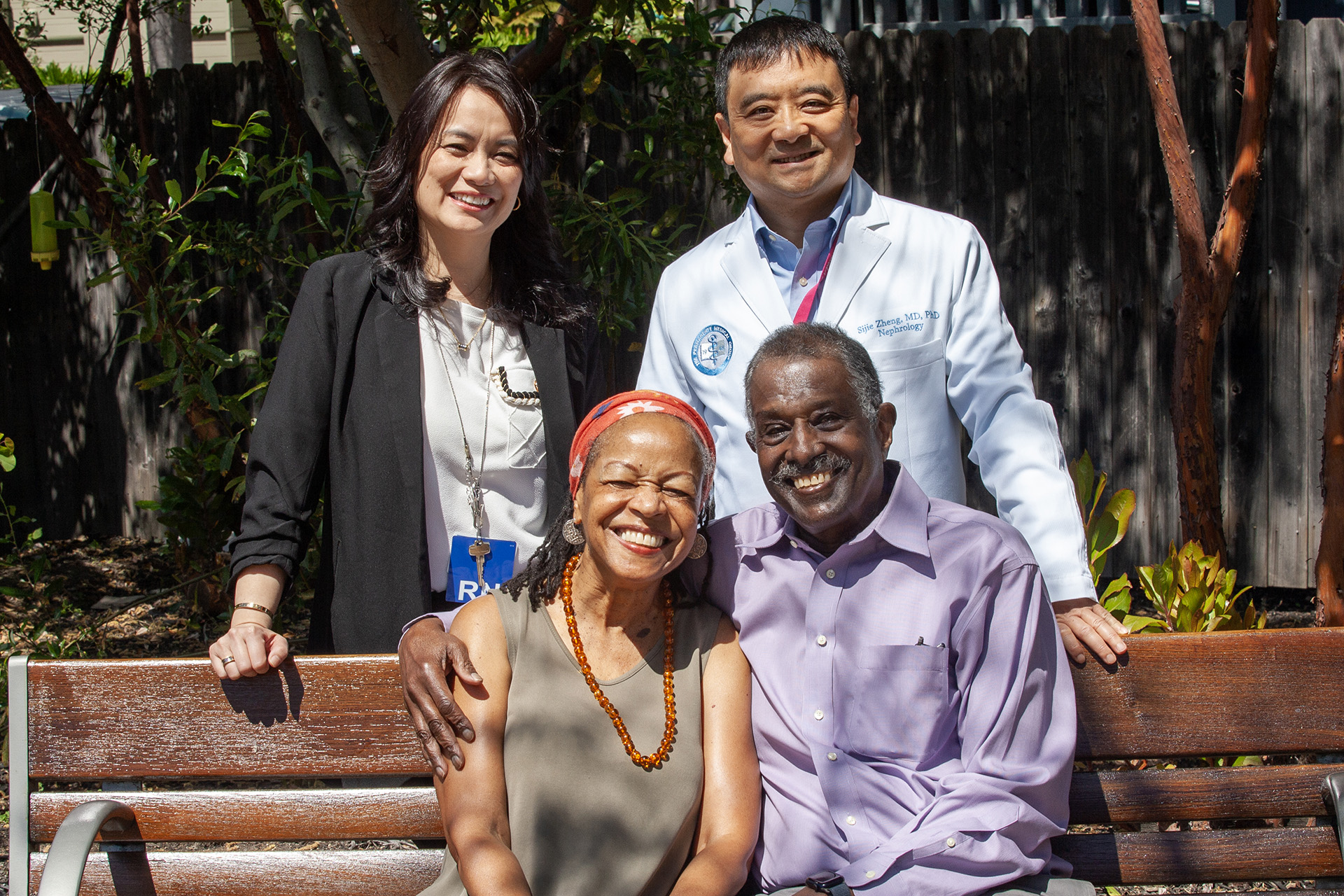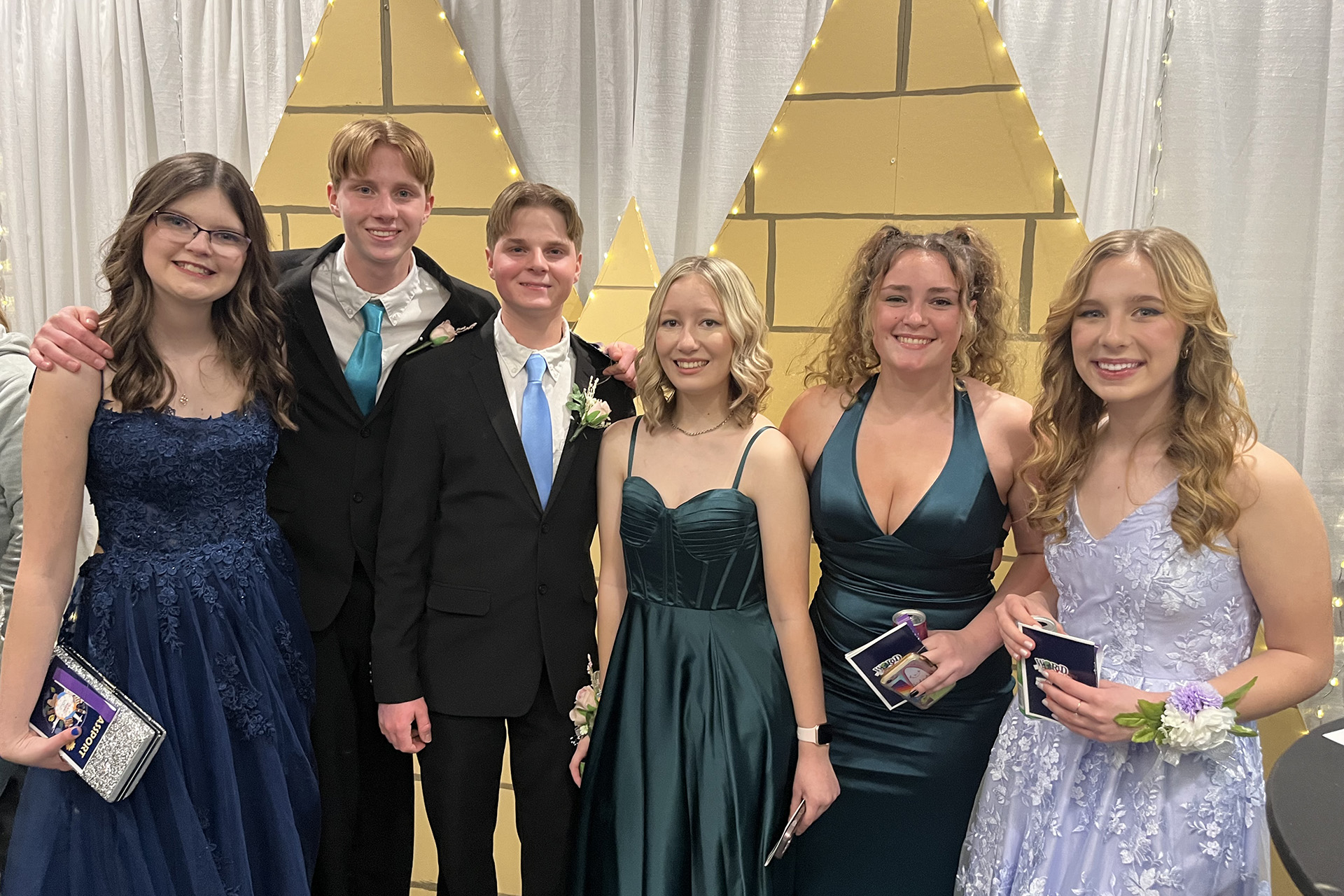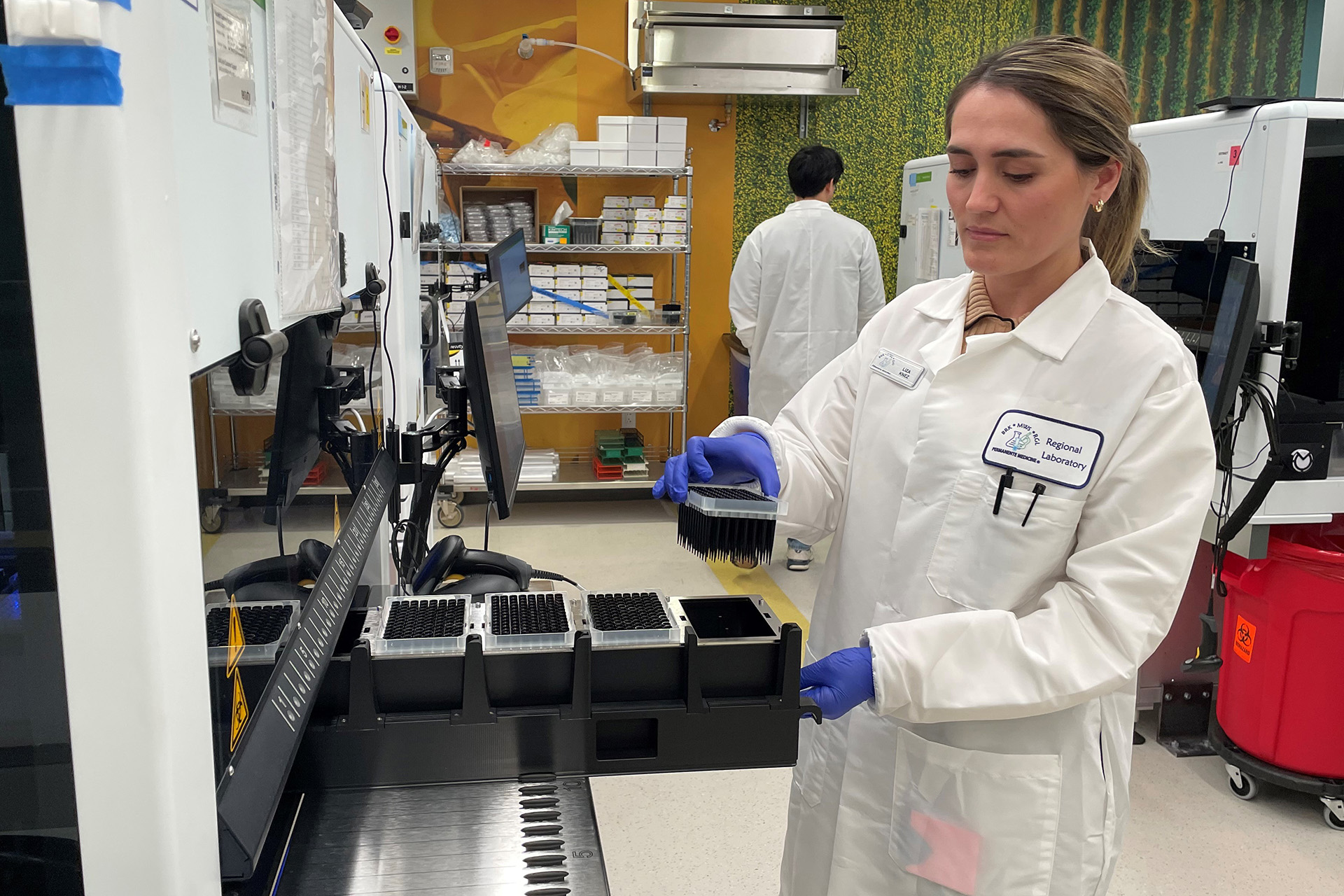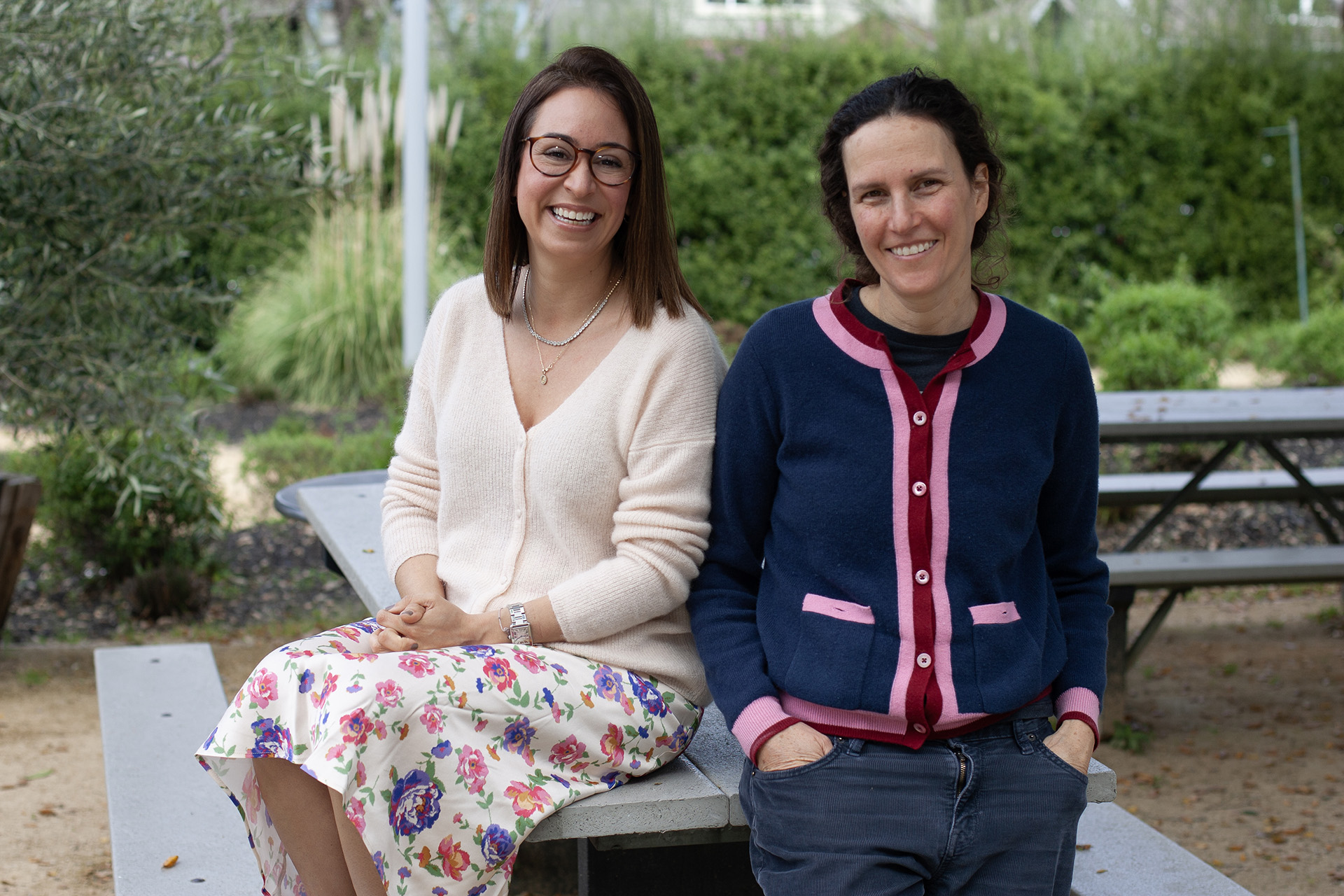Therapists in Kaiser Permanente Addiction Medicine and Recovery Services are passionate about supporting members with substance use problems as they get — and stay — well.
This winter marks a major milestone for Addiction Medicine and Recovery Services (AMRS) at Kaiser Permanente San Francisco: 25 years of providing care to members and patients.
The program was only the second of its kind in the Northern California Region, after Sacramento, when the doors opened in 1993 with 2 providers and 1 support group.
Today, the program serves more than 2,000 patients with a staff of 45 and runs 80 support groups.
9 Sites for Intensive Treatment Care
In addition to the Sacramento and San Francisco programs, Kaiser Permanente Northern California has 7 more intensive addiction medicine programs, located in Oakland, Walnut Creek, Vallejo, Fresno, Manteca, Santa Clara, and Hayward.
The comprehensive treatment centers are located throughout the region to allow access to members in all service areas who need intensive care. Treatment includes education, groups, individual therapy, medication assisted treatment, and family support.
“Our AMRS providers express how rewarding it is to have the opportunity to work as part of a multidisciplinary treatment team in approaching the challenging work of addiction,” said Stacey Nelson, PhD, program director and chair of Kaiser Permanente Addiction Medicine and Recovery Services in Northern California.
“Both our members and our providers are appreciative of the opportunity for the type of intensive programming that is often needed in the early stages of stabilizing from a substance use disorder,” she added. “For instance, our Day Treatment level programming offers more hours per day of treatment than is available in residential programs.”
More Help
In addition to the 9 addiction medicine programs offering intensive treatment, each of the 21 Northern California medical centers offers outpatient programming for substance use disorders.
They also provide outpatient care for members seeking treatment for mild to moderate substance use disorders. Specialty groups are offered at most sites.
Kaiser Permanente members can access care at any of the sites independent of any referral, meaning that they may self-refer, according to Nelson.
“All of the sites work closely with departments of Psychiatry, Medicine, Emergency — all of whom send referrals to Addiction Medicine and Recovery Services,” Nelson said. “In turn, we make calls to members if they are interested in learning about our services or coming in for an evaluation.”
Finally, Kaiser Permanente contracts with many residential substance abuse facilities, with referrals based on need and only made through the department of Addiction Medicine and Recovery Services. After a residential stay, members follow up in outpatient care for long-term support.
Annually, tens of thousands of members are cared for during more than 300,000 visits to Kaiser Permanente Northern California.
“We share so much pride in our ability to provide such effective care for our members challenged with substance abuse problems — and are grateful to be partners with them during their journey through recovery,” Nelson said. “Kaiser Permanente offers some of the most comprehensive continuums of treatment for substance use disorders in the nation.”
San Francisco Celebrates
The Kaiser Permanente San Francisco addiction medicine program marked its anniversary with current and former staff and patients, program co-founder Alan Lazere, LCSW, and the first therapist hired by the program, George Young, retired psychologist.
“I’m proud of the legacy and the recovery services that this clinic has provided our members,” said Maria Ansari, MD, physician in chief. “Our comprehensive approach to each member’s clinical and medical needs, coupled with our compassionate and caring team of clinicians and staff is how we’ve successfully treated hundreds of thousands of members over the past 25 years.”




